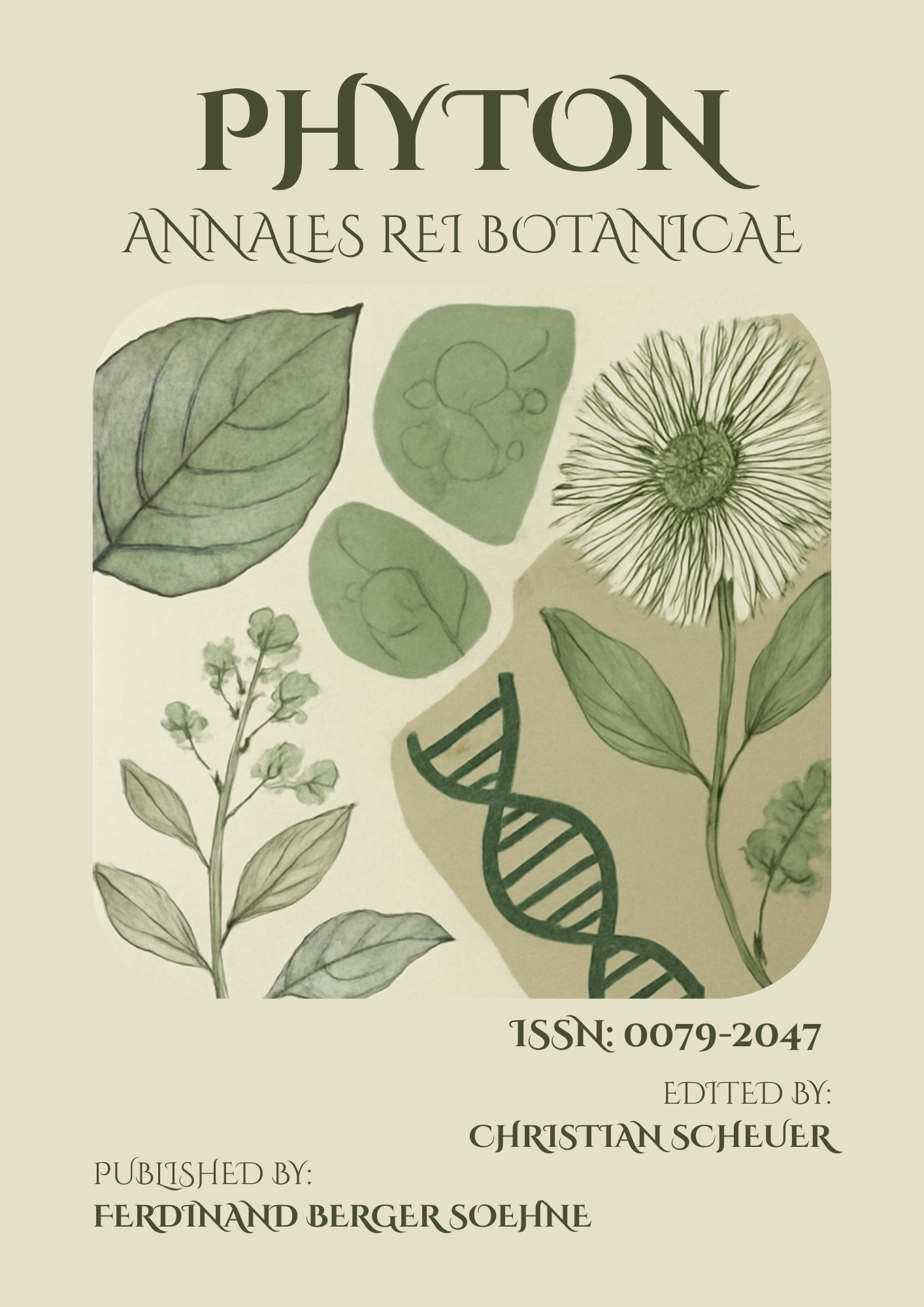The Role of Soil Microorganisms in Enhancing Crop Resilience to Biotic and Abiotic Stress
Keywords:
Soil Microorganisms, Crop Resilience, Biotic Stress, Abiotic Stress, Plant-Microbe Interaction, Sustainable AgricultureAbstract
Soil microorganisms play a crucial role in enhancing plant health by improving nutrient availability, promoting disease resistance, and alleviating the effects of abiotic stress factors such as drought and salinity. This paper explores the interactions between soil microbes and plants, with a particular focus on how microbial communities can be manipulated to enhance crop resilience. The study reviews recent research on plant-microbe symbiosis, including mycorrhizal fungi, nitrogen-fixing bacteria, and biocontrol agents, and evaluates their potential to improve crop yields and stress tolerance. The paper also discusses the impact of agricultural practices, such as crop rotation, organic farming, and the use of microbial inoculants, on soil microbial diversity and plant performance. The findings suggest that fostering beneficial microbial communities in the soil can be a sustainable strategy for improving crop resilience to both biotic and abiotic stresses, thus contributing to food security and sustainable agriculture.
Published
How to Cite
Issue
Section
License
Copyright (c) 2024 PHYTON-ANNALES REI BOTANICAE

This work is licensed under a Creative Commons Attribution-NonCommercial-ShareAlike 4.0 International License.
This article is published under the terms of the Creative Commons Attribution-NonCommercial-ShareAlike 4.0 International License (CC BY-NC-SA 4.0). Readers may share and adapt the material for non-commercial purposes, provided appropriate credit is given and adaptations are shared under the same license.



